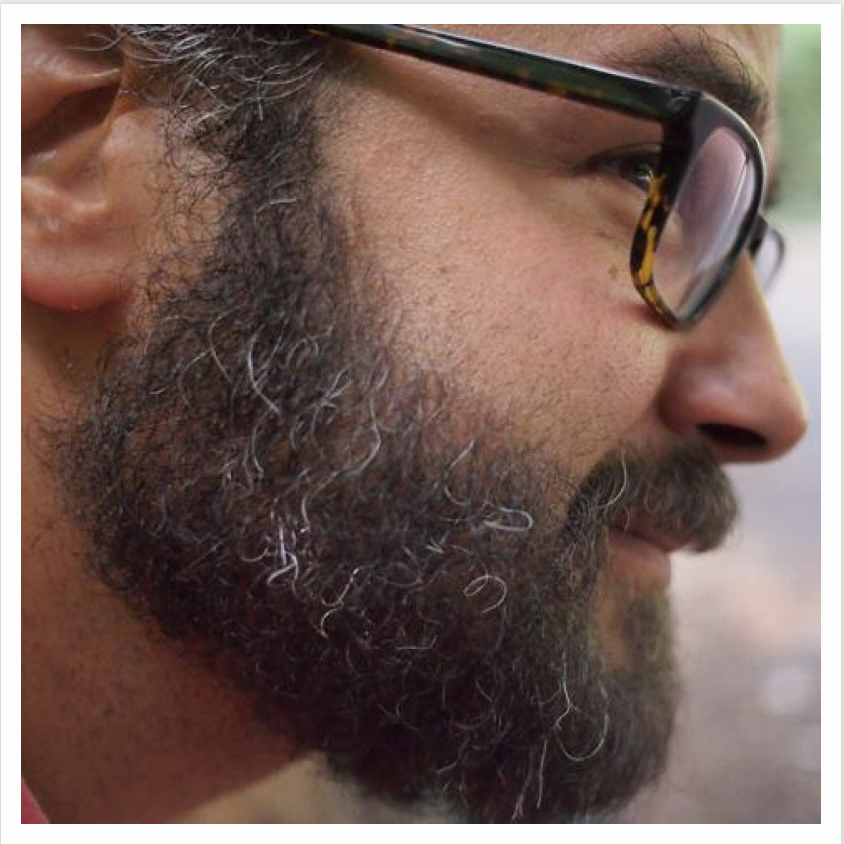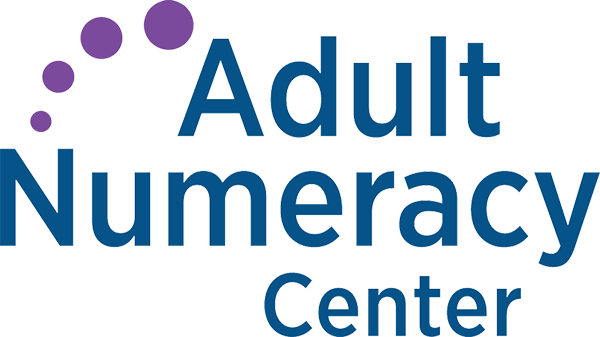Meeting Minerva: A Journey of Discovery in Mathematical Identity

by Mark Trushkowsky
The Mathematician Project
I first learned about Dr. Minerva Cordero during a SABES workshop led by Pam Meader called Celebrating the Diversity of Mathematical Minds.* During that workshop, Pam and her co-facilitator Deb Snyder talked about The Mathematician Project. The Mathematician Project is a practice that began in a Minneapolis, when then-middle school math teacher Annie Perkins decided to take 15-20 minutes a week (10-15 for research and 5 minutes of class time) to share a photograph and brief biography of a mathematician that shared aspects of identity with her students. The project was inspired by one of her students who asked her, “Why do we always talk about dead white dudes?”. Here’s her account of what happened next:
“Would it matter to you if I showed you a Mexican mathematician?” I asked him. This particular student identifies strongly with his Mexican heritage.
He paused, got a weird look on his face, and responded with one of the most depressing comments I’ve ever heard.
“Do you think there are any?”
I assured him there were, but when he asked their names and I came up with nothing, his suspicions were confirmed. His face shone with contempt and disappointment. “Of course you don’t know any,” it seemed to say, “You’re just a white lady, and Mexicans don’t do math.” All of the beliefs that I have about mathematicians screamed that this couldn’t possibly be true, but I had no evidence to the contrary for him, and the fact that I didn’t know even the name of a Mexican mathematician, but I did know that Pythagoras was afraid of beans spoke volumes about what I had chosen to value in mathematicians.
Thus began the mathematician project.”
–Mathematicians Paper by Annie Perkins https://arbitrarilyclosecom.files.wordpress.com/2016/08/mathematicians-paper.docx
The basic idea was to give her students mathematical role models they could identify with. She’s written eloquently about her rationale and the impact it had on her students and she went on to create a database of mathematicians, searchable by different aspects of their identity.
How I Met Minerva
During the Celebrating the Diversity of Mathematical Minds workshop, we were asked to do an activity inspired by the Mathematician Project. Our task was to do an internet search and find a mathematician that shared either an aspect of our own identities or the known identities of our students. My mother was born in the southeast coastal town of Patillas, Puerto Rico, so I did a search for a Puerto Rican mathematician and “met” Dr. Minerva Cordero.
Dr. Minerva Cordero is a Distinguished University Teaching Professor of Mathematics at the University of Texas Arlington as well as the Senior Associate Dean of Science. She has a large presence on the internet, due to all the work she does mentoring and creating and demanding spaces for underrepresented populations to let their light shine in the field of mathematics. She received the Presidential Award for Excellence in Science, Mathematics, and Engineering Mentoring in 2022. I admire people who look for opportunities to help other people get to where they are, but it was a far more modest story that had the biggest impact on me. When Dr. Cordero was in the 10th grade, her uncle decided to study for the GED exam. Like Minerva’s parents, his formal education had only been through elementary school, so she had to teach him all the math he needed to pass the exam. She speaks of the challenges of an adult learner who never encountered mathematical abstraction before. They studied every day for weeks and eventually, he passed the exam on his first try. She describes her experience with her uncle as the moment she knew that helping people to learn and enjoy math was her life’s work. She was inspired by her work with a GED student to help others find joy and success in math—just like me!
It was not a surprise to me that I found a Puerto Rican mathematician. I know that there are mathematicians from every country and every culture. But it wasn’t enough to know that Puerto Rican mathematicians exist, if I couldn’t name any. It felt different to learn about a specific living, vibrant Puerto Rican mathematician and to know her by name. It matters that she looks like people in my family, she sounds like people in my family, and she laughs like people in my family.
Having spent the last 22 years in adult education, being an educator is an important part of my identity too. It mattered to me to hear this Puerto Rican woman, a PhD in Mathematics, speak with respect and appreciation for a GED student, and to know she is dedicating her life to teaching math.
I strongly recommend searching out a mathematician who shares some aspect of your identity. I also recommend exploring the stories of mathematicians who mirror the identities of your students.
Below are some sources to learn more about Latinx/Hispanic mathematicians. Use the links to learn more about Dr. Cordero, and then explore the rest of the sites to learn about the dozens of other mathematicians they celebrate.
- Lathisms was founded in 2016 “to celebrate the work and contributions of contemporary Latinx and Hispanic mathematicians during Hispanic Heritage Month. Each annual calendar has a biography of a Latinx/Hispanic mathematician, for each day of the month. The biographies include information about their work, their teaching, and their service.” Dr. Minerva Cordero was part of their first calendar in 2016 (https://www.lathisms.org/calendar-2016/minerva-cordero)
- Testimonios is a publication from the Mathematical Association of America. It “brings together first-person narratives from the vibrant, diverse, and complex Latinx and Hispanic mathematical community. Starting with childhood and family, the authors recount their own particular stories, highlighting their upbringing, education, and career paths. Testimonios seeks to inspire the next generation of Latinx and Hispanic mathematicians by featuring the stories of people like them, holding a mirror up to our own community.” (https://www.mathvalues.org/masterblog/testimonios-dr-minerva-cordero)
- View a list of Latinx/Hispanic Heritage Math Resources at our Math SABES website.

Mark Trushkowsky is a professional developer, curriculum writer, and math teacher at the CUNY Adult Literacy and High School Equivalency Program. He is co-author of the CUNY Fast Track Math GRASP Packets. He is also a facilitator and developer for the SABES Mathematics and Adult Numeracy Curriculum & Instruction PD Center.
